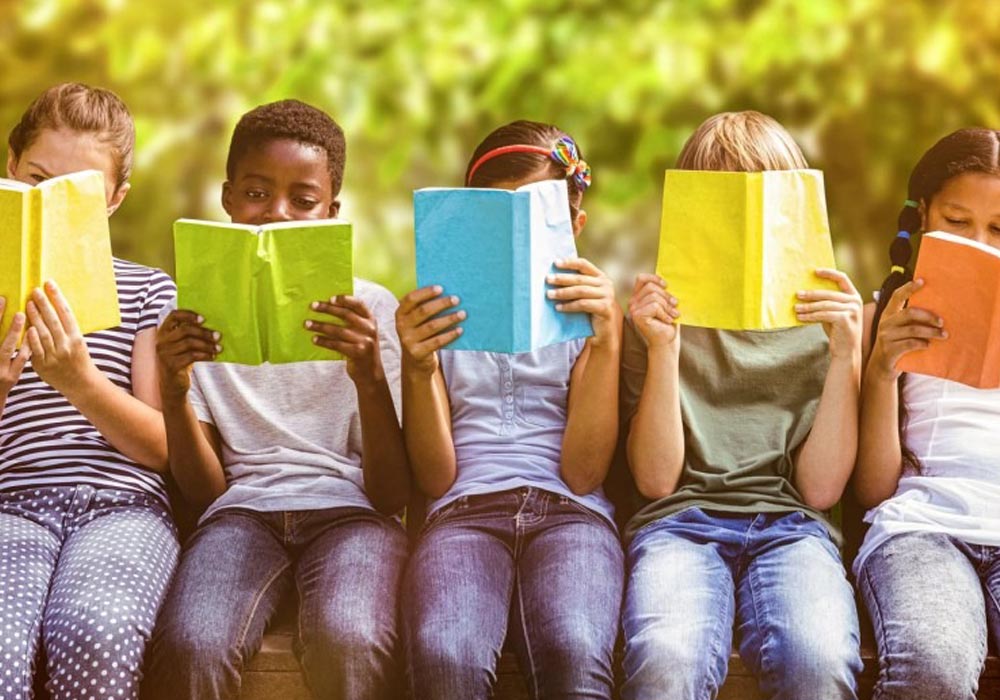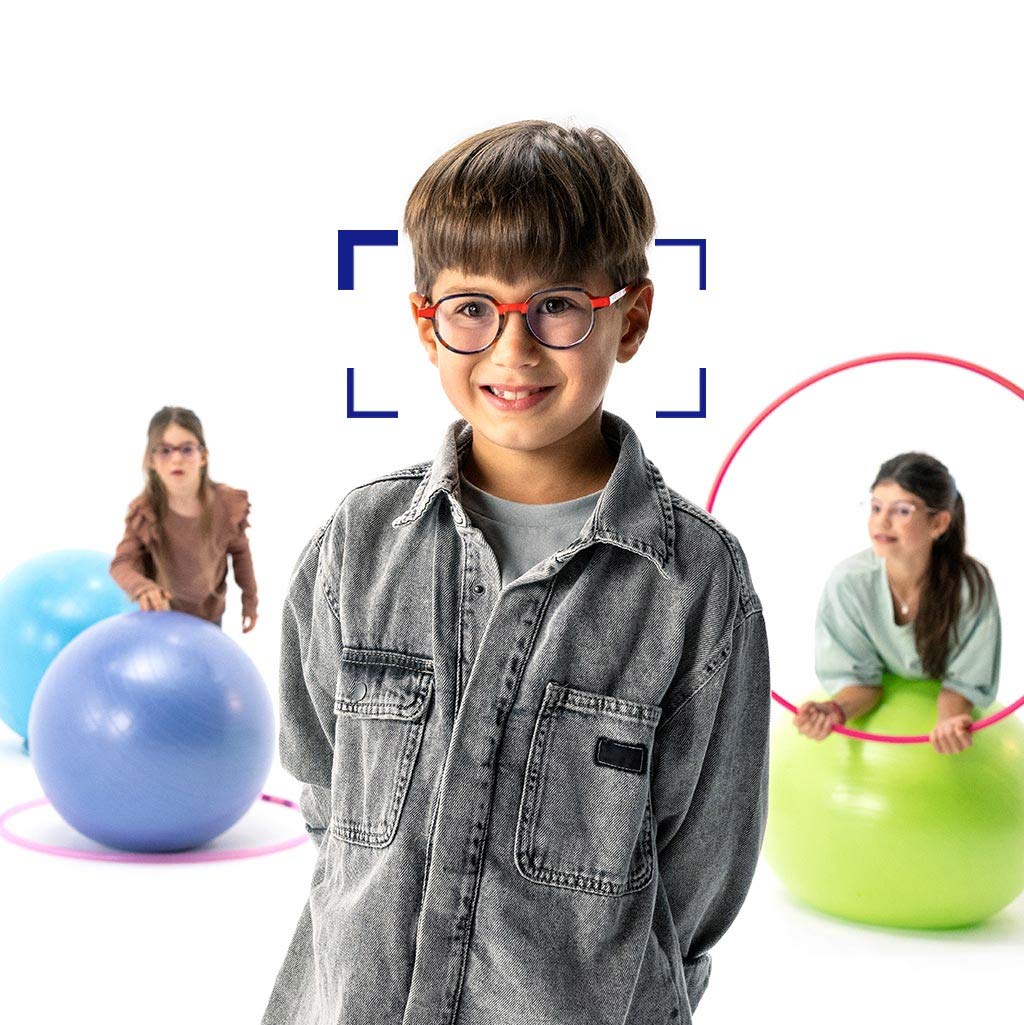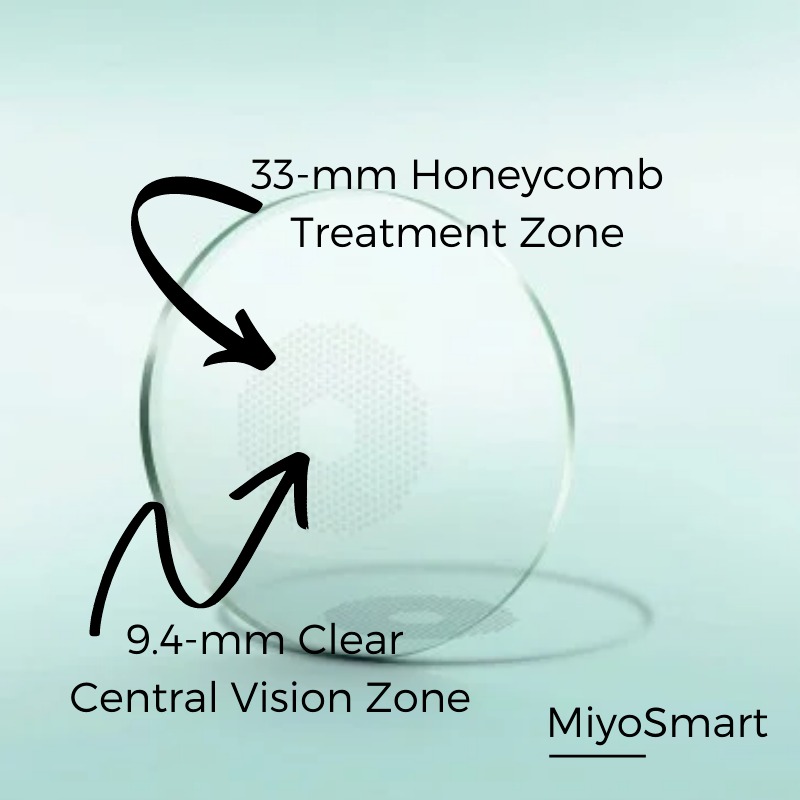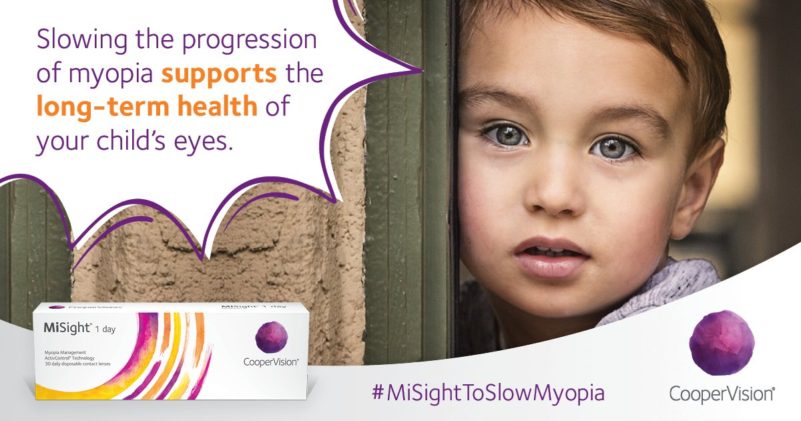Better known as short sightedness.
Myopia is a visual condition in which people can see close objects clearly, but distance objects appear blurred.
Myopia is common in adults, but globally the rate of myopia in children is increasing.
Onset is between the ages of 6 and 13 years old and progresses quite rapidly year after year due to continued eye growth.
Visual symptoms can be corrected with either glasses or contact lenses, however for children, appropriate management techniques can now be employed to slow the rate of progression.



Parents can use the following online calculator to help estimate the level of myopia that their child may develop in their life time.
By 2050, it is predicted that half the world’s population will have myopia.
People with myopia have an increased risk for ocular complications and disease e.g Glaucoma, cataract myopic retinal degeneration, retinal detachment.
Myopia management strategies aim to reduce the extent of myopia with the hope of reducing the risk of developing serious eye conditions in later life.
There are various myopia management strategies available to slow the rate of myopic progression.
These spectacle lenses feature cylindrical annular segments which are proven to slow down the rate of elongation of the eye by 86% on average.
The back surface of the lens is optimised to give the child comfortably clear vision in all viewing directions.
The lens also offers full UV protection, anti-reflective and scratch resistant coating. There are multiple lens designs available based on patient age.

https://www.zeiss.co.uk/vision-care/need-new-lenses/myopia-management-lenses.html
These spectacle lenses have a ring-based treatment zone to slow down myopic progression and are also available as a sun spectacle lens.
Designed to suit a child's active lifestyle the lenses have an easy-to-clean antireflective coating with the assurance of impact resistance.

This is a daily disposable soft contact lens solution that substantially slows myopic progression and eye elongation.
Intended to be worn daily.
Contact lenses can be handled by parents if appropriate.

https://coopervision.co.uk/misight
Orthokeratology is a special type of ‘hard’ contact lens that is worn overnight to gently reshape the cornea, meaning spectacle or contact lens correction is not required during the day.
Orthokeratology is estimated to slow myopia progression by 50% in comparison to normal spectacle correction.
OrthoK works by reshaping the cornea in such a way that peripheral light rays are focussed in front of the retina, this in turn reduces the drive to increase the level of myopia.
We do not currently offer Ortho-K in the practice, however we are happy to discuss this as an option for your child. If you decide that this is the best option for your child, then we will be happy to refer you to one of our colleagues that do offer this service.
Currently General Ophthalmic Services (GOS) does not support the provision of ophthalmic lenses for the treatment of myopia (myopia control) using an ‘optical voucher’.
What this means; is that we are unable to provide any of the above options under the GOS scheme which supplies a voucher towards the cost of spectacles for anyone under the age of 16.
Your child is entitled to this voucher to be used for a pair of spectacles with standard lenses, but we cannot use this voucher as part-payment for myopia management, it is an entirely private service.
This may change in the future and if it is not an option for you currently, we will keep you updated if this changes.
If you've had an accident and broken your glasses, please call into the practice. Many repairs can be completed on the day, we also offer a one day glazing service that will ensure you aren't inconvenienced for long.
Masterson Opticians
2025 | All Rights Reserved |
Privacy Policy | Built by